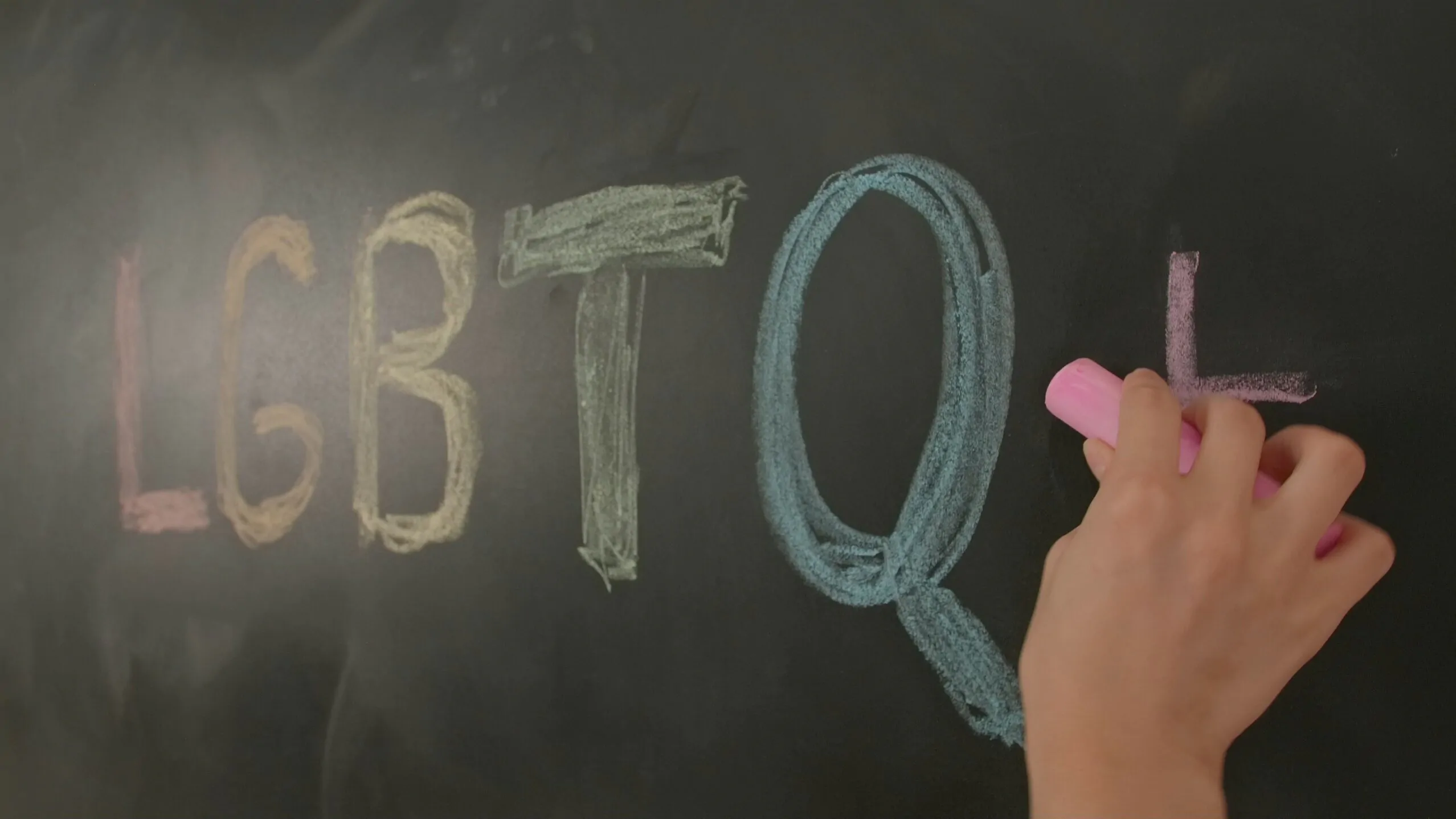On Wednesday, the Alabama House Education Policy Committee passed two bills that look to bring culture war issues to Alabama’s classrooms.
HB231
The first bill, HB231, introduced by Rep. Reed Ingram, R-District 75, had previously been passed out of the House State Government Committee, but it was referred back to the House Education Policy Committee with a new substitute bill taking its place.
The new version of Ingram’s bill would propose an amendment to the Constitution of Alabama that would require “each local board of education to adopt a policy requiring The Pledge of Allegiance be conducted to the United States flag at the commencement of each school day in each public K-12 school.”
If the amendment is ratified, the bill would also require every local board of education to vote within 90 days of ratification on “whether to adopt a policy allowing employees and students to voluntarily participate in a daily prayer and reading of the Bible or other religious text.” Student participation in such activities would require parental consent, with the activities taking place outside of instructional time. This new clause replaces text in the original version of Ingram’s bill which would have mandated that each K-12 school conduct a daily prayer “consistent with Judeo-Christian values” at the beginning of each school day alongside The Pledge of Allegiance.
If the proposed amendment were to pass, the current legislation would also allow the State Superintendent to withhold 25 percent of state funding allocated to any local board of education that does not conduct The Pledge of Allegiance daily or fails to hold a “timely vote” on the bill’s daily prayer policy. That funding reduction could be increased further by the Legislature “following continued violations.”
Rep. Barbara Drummond, D-District 103, argued that Ingram’s legislation was “rather punitive” for threatening to withhold so much funding from school boards who do not comply.
Ingram retorted that such punishment was necessary, likening a school board’s refusal to comply with the bill’s provisions to a bank robber’s refusal to comply with the state’s criminal laws. He also emphasized the importance of the bill’s provisions as a means to restore patriotic sentiment in American youth and increase military recruitment.
“That’s one of the reasons that, in this country, that our people that are wanting to go into military is down. We’re down, what, 27, 28 percent? Because people don’t understand about the pledge. These kids that grew up these days don’t understand what the flag is and what it means,” Ingram claimed. “And I think that’s part of what teaching means.”
HB246
The second bill, HB246, introduced by House Majority Leader Scott Stadthagen, R-District 9, prohibits teachers at public schools and institutes of higher education from using “names or pronouns inconsistent with a student’s legal name or biological sex without written permission from the student’s parent or guardian.”
The legislation also provides legal immunity to students, teachers or professors who “deadname” or misgender others in the classroom setting. Those legal protections cover any individual who refuses to refer to an individual by their preferred name, use an individual’s preferred pronouns or identify their own pronouns.
The bill does not clarify how a public employee would know whether or not a student’s preferred pronouns accurately correspond to their biological sex.
According to Bright Harbor Healthcare, a New Jersey-based mental healthcare network, “hearing one’s dead name or being misgendered can inflict feelings of anxiety, gender dysphoria, a lack of acceptance and, depending on the situation, can make one fearful for their safety.”
“Dealing with deadnaming can lead to chronic stress from worrying about acceptance and/or safety, avoidance of certain people or places, depression, low self-worth, and suicidal ideation,” the organization writes. “Refusing or failing to use a person’s chosen name and pronouns can have a significant impact on personal relationships and family dynamics and causes invalidation that can have a negative effect on their mental health.”
Multiple studies have shown that the startlingly high suicide rates seen among transgender and gender non-conforming youth are tied closely to anti-trans laws and discrimination fueled by policies like those found in HB246.
The House Education Policy Committee passed both HB231 and HB246 with very little debate. Both bills will now go to the House floor for consideration.


















































